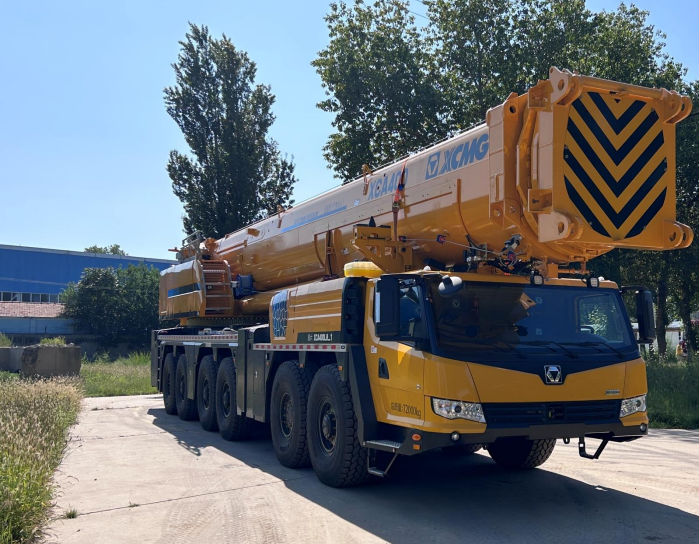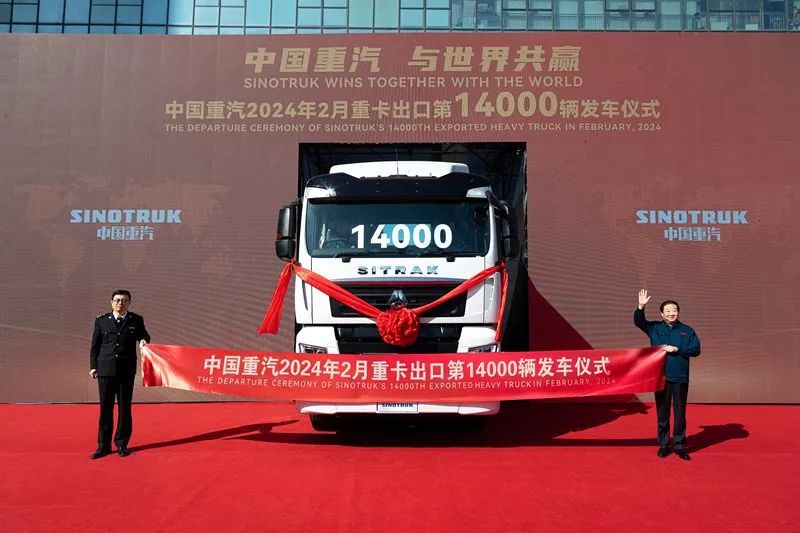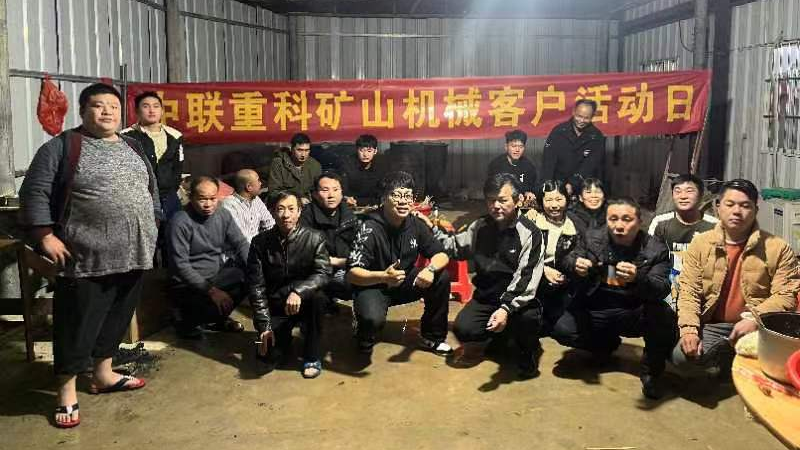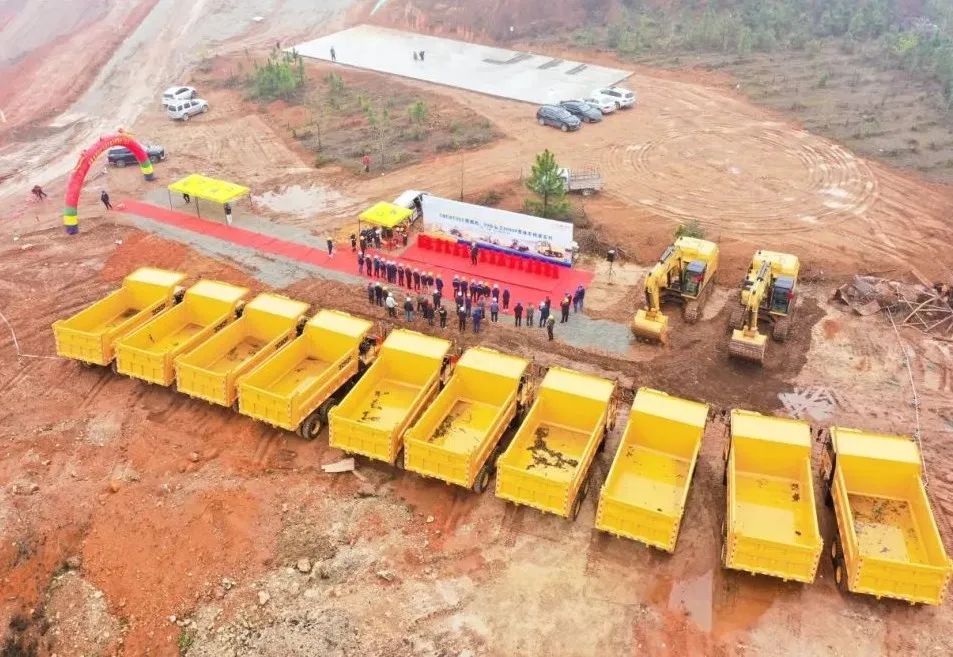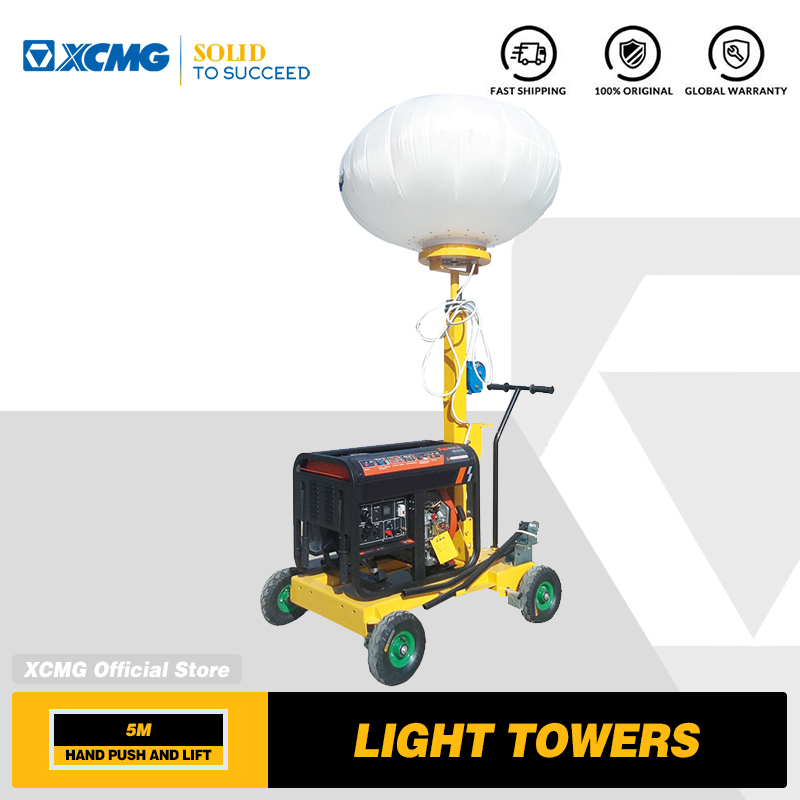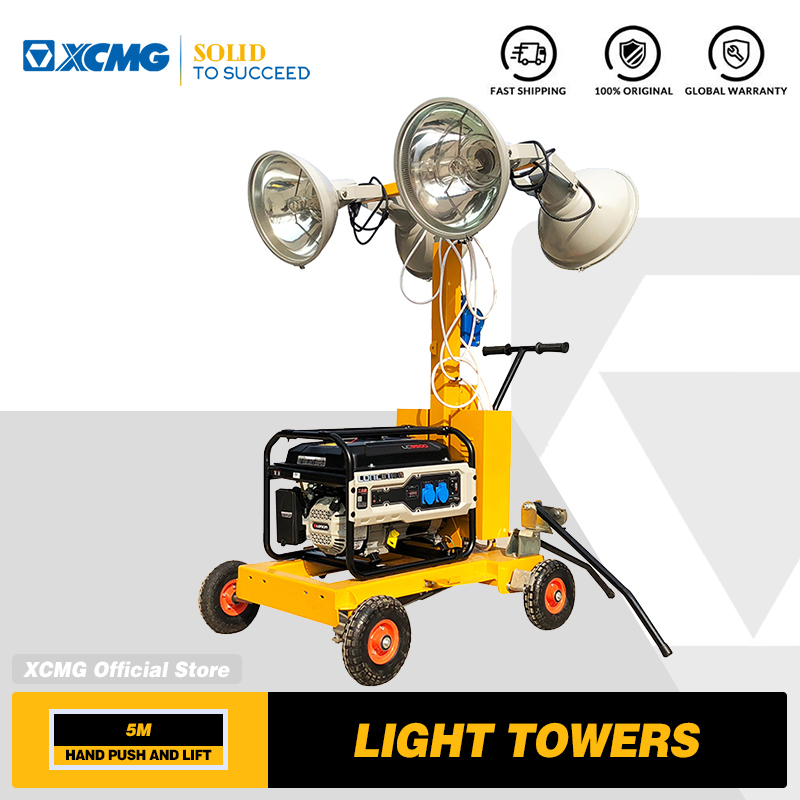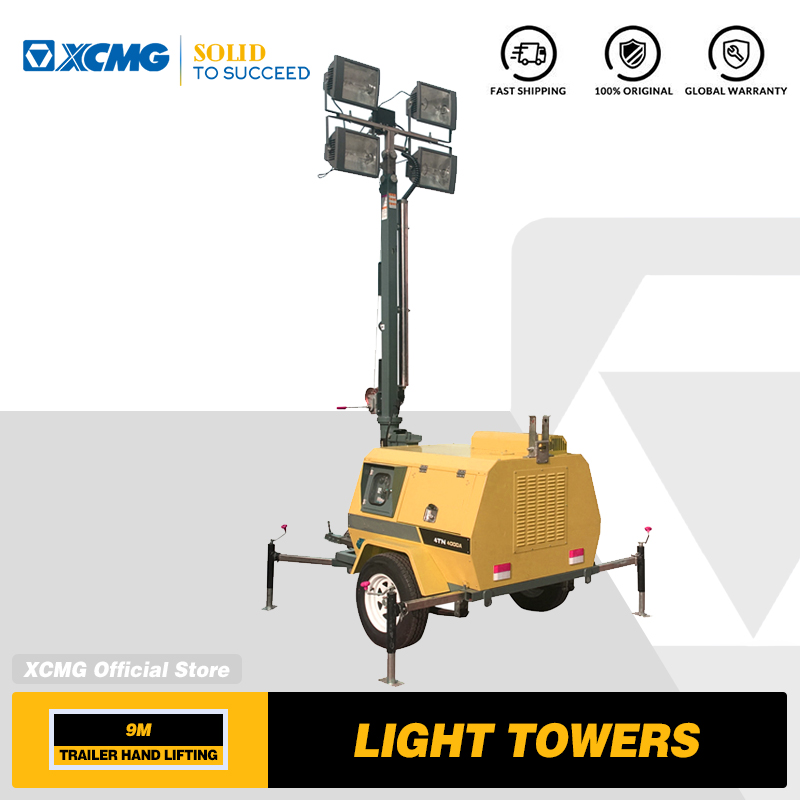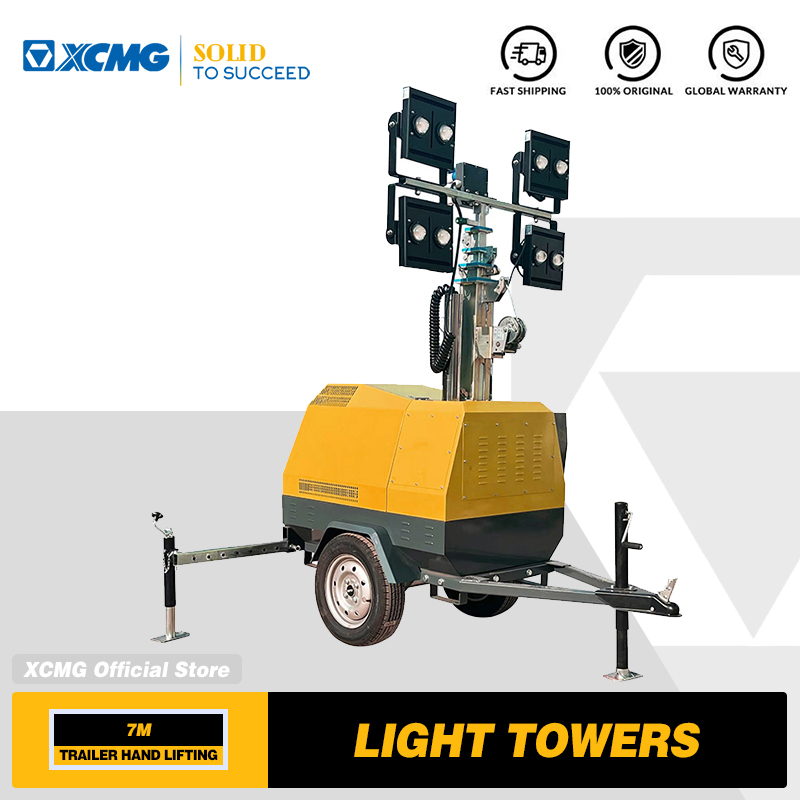Sustainable E-bikes with 3D-printing and titanium
September 17, 2020Motor nodes are one of the hardest parts to manufacture when it comes to premium electric bikes. When GSD Global turned to Sandvik to investigate the possibility of 3D printing their nodes in titanium, they were thrilled to find out that they could get a lighter, more durable – and much more energy efficient solution.
ShareFor a long time, people have been hesitant to give up the comfort of their car on their daily commutes. But with the rising popularity of electric bikes (e-bikes), things are actually starting to change. This is more than welcome considering that carbon emissions are still rising – and the transportation sector is the main contributor to this fact.

GSD Global is an engineering- and design consultancy company with long-standing experience from creating premium e-bikes. Heading the organization is Zach Krapfl, an electrical Vehicle engineer based in Paonia, Colorado. Zach is dedicated to global energy conservation and reducing fossil fuel consumption – and chooses to combine bicycles, light electric Vehicles, and appropriate renewable energy technologies as a catalyst for, in his own words, “earth lovin’ and a little personal happiness too”.
“I have noticed that people who have changed their main mode of transportation to electric bikes are living healthier, happier and more eco-friendly lives,” he said, while performing a lecture on the future of transportation for TEDx.
As with any artform, high-end bicycles are typically handcrafted to satisfy the specific palate of a target group consisting of true bike connoisseurs. Zach Krapfl explains:
“Handmade bikes are the type of product that goes straight to your heart – they are pieces of art to begin with. So, if we can provide these high-end bicycle makers with a material that can make their bikes last 10-20 years, and more energy-efficient – that’s a game-changer to them.”
Titanium is difficult to machine – but easier to printGSD Global works toward various bicycle OEM’s (original equipment manufacturers), with a majority of their design work focusing on e-bikes. For close to a decade, they’ve been partnering with Bosch e-bike systems. Together, they’ve participated at several North American bike shows, and testify that up until recently there’s been very few e-bikes present on the scene. Part of the explanation is thought to be that the titanium parts that for example constitute the motor node, holding the electric motor onto the bike frame, are very difficult to machine using processes such as CNC – and costly at that. When GSD Global turned to Sandvik to investigate the possibility of 3D printing their titanium components, they were thrilled to find that through developing the design of the motor nodes and adapting them to be additively manufactured, they could actually reduce their costs with up to 75 percent.
We’re so excited to share this with lots of brands, and to start adding more and more additive parts in the future.

“This is when we realized that we were on to something that wouldn’t just prove to be financially feasible – but enable substantial improvement in terms of quality and energy efficiency as well,” Zach says.
Sustainability advantagesBy providing their OEM’s with titanium motor nodes, 3D-printed by Sandvik, GSD Global can enable them creating the ideal e-bikes that will not only cost less and thereby be increasingly sellable, but also last a whole lot longer. Apart from the financial feasibility, the opportunities that derive from combining titanium powder with additive manufacturing holds several other advantages in terms of sustainability as well, for example by making the bikes lighter and thereby more energy efficient.
“We really wanted to add the material advantages of titanium to our high-end electrical propulsion systems for e-bikes,” Zach Krapfl says before continuing to explain a few of the advantages he identifies within the material properties of titanium – such as it being extremely fatigue resistant and able to provide lightness and longevity at that.
Having started with the motor nodes, referred to by Zach Krapfl as one of the hardest parts to manufacture, there’s nowhere to go but up.
“We’re so excited to share this with lots of brands, and to start adding more and more additive parts in the future,” Zach continues before concluding;
“And I can’t wait to see all of the new Osprey® metal powders from Sandvik in the future – especially from their new titanium powder plant in Sweden.”

Lighter, more cost-efficient, and "quicker to manufacture" motor nodes in titanium, making e-bikes more energy efficient and durable – with increased performance and longer life-time as a result.
DesignerZach Krapfl, GSD Global
MaterialTitanium alloy, Osprey® Ti6Al4V
Additive technologyPowder Bed Fusion Laser
Post processingHeat treatment and sand blasting
